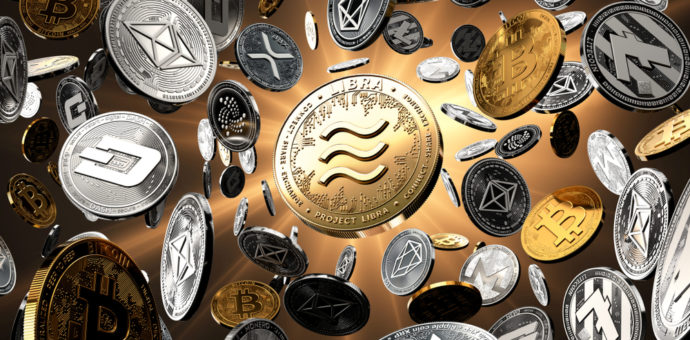The current economic scenario, imposed by coronavirus measures, points to a prolonged recession and opens a unique window of opportunity for investments in traditionally anticyclical assets in 2020, such as cryptoassets. The statement, which is in Transfero’s investment thesis, was made by the company’s CEO, Thiago Cesar, in an article published in Money Times.
According to the text, investments in gold and bitcoin stand out, both from the point of view of asset protection and in the search for returns in times of global uncertainty. This can be noticed especially in Brazil, which may have its currency heavily devalued facing the current scenario.
One of the arguments for cryptoassets to be living a unique opportunity is that bitcoin is by nature a deflationary asset, meaning that its offering cannot expand beyond 21 million units. A recent event known as halving, provided for in its protocol, highlighted this feature by cutting the issuance of new units in half.
In the same way that the amount of gold is limited by nature, the supply of bitcoin is limited by its algorithm. This makes it a good store of value in the long run, given its natural tendency to maintain its purchasing power in the face of the goods and services we consume.
National currencies reinforce the unique opportunity in cryptoassets
At the other end, hard cash has been losing credibility. The current crisis triggered by the new coronavirus turned the money printer on in most developed nations. The constant issuance of dollars throughout history has always had inflationary character, and is no different now.

In addition, the executive recalls that the dollar is the reserve currency of the whole world. That is, all international transactions are settled in the U.S. currency. Therefore, this new wave of money printing could generate mistrust about the recovery capacity of the American economy.
Such mistrust could provoke a more forceful movement by countries vying for American hegemony, such as China. Thus, new arrangements may propose the replacement of the dollar as an international reserve — at least in the long term.
In Brazil, the scenario is even more distressing, he says. Increased public spending to combat the economic impacts of coronavirus will raise domestic debt and make the country riskier for foreign investors.
Therefore, warns Thiago, the investors who seeks to protect their assets and find rationality in the midst of chaos should consider allocating part of their resources in a diversified portfolio with gold, bitcoin and other scarce assets.







